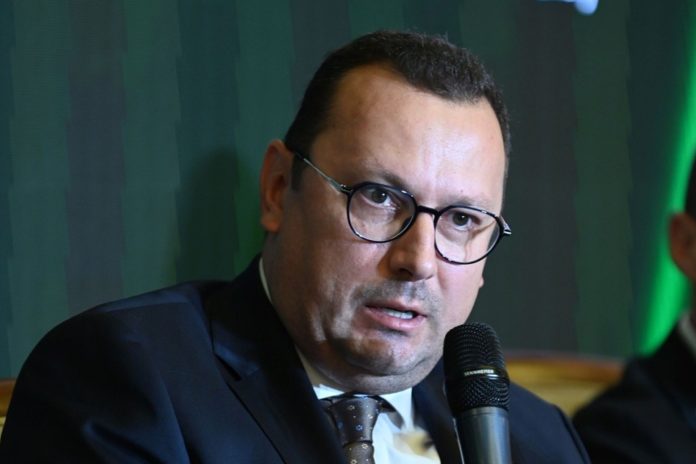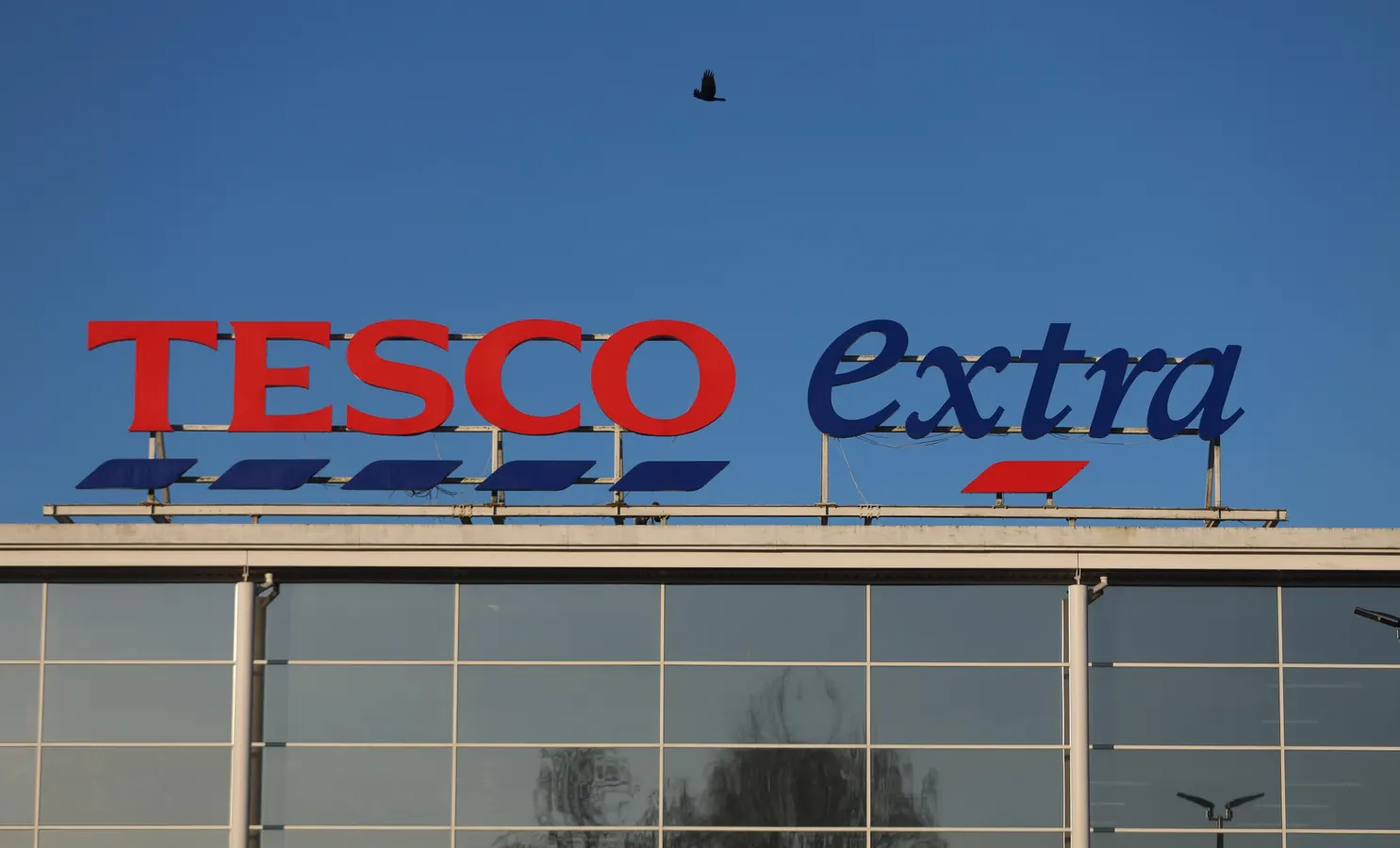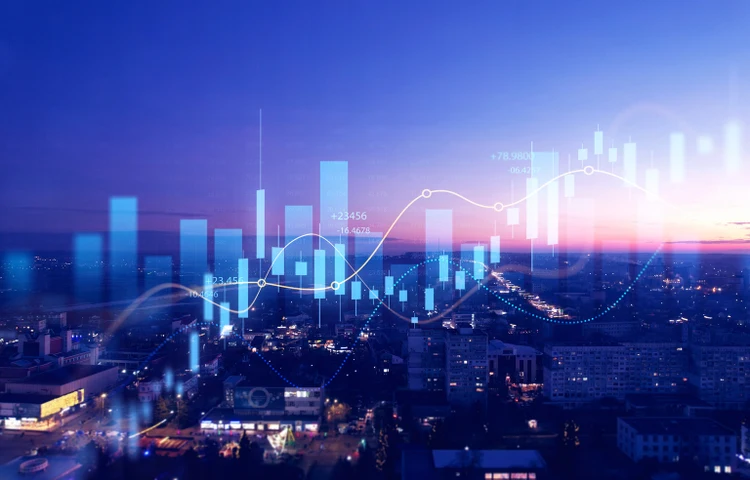Andrei Berechet, Adrem: “It is early to assess the impact of AI in energy, but we are seeing benefits from the perspective of energy demand”
By Petre Barac
Copyright thediplomat

“We bring the most technologically advanced solution in the world for energy infrastructure for such equipment and can offer our clients a solution on risk-based maintenance. This means that a clearly defined maintenance budget is used in the best possible way to maximize the output of your assets—whether we talk about minimizing downtime, maximizing asset utilization, or maximizing renewable energy production, and so on.
We have successfully implemented such solutions with multiple grid operators. Now we have the opportunity to offer this solution to operators of renewable energy production facilities.
We are proud to have the best-prepared team in Romania for implementing such solutions. What we aim to offer in a flexible way is a business model—not just selling these systems but even offering a cloud-based solution where clients can purchase a service from us.
We should not focus only on assets; we must also consider the people who operate them. Competent human resources capable of performing maintenance on, for example, a wind installation, are not easy to find. That is why it is very important how we use this resource and how satisfied people are with the working environment. A natural extension of asset management is workforce management, where all work is coordinated, managed, and monitored to make operations more efficient and safer for employees.
It is early to assess the impact of AI in energy, but we are observing benefits from the perspective of energy demand generation. We are developing many renewable parks to supply data centers, which is not a bad thing.
Without IoT, for example, we cannot have new market designs. We cannot have dynamic tariffs. We cannot have truly smart-grid automations that allow a network with 80% renewables to operate consistently, not just during transient moments.
I believe IoT is an absolute necessity here, and we expect a lot from the new generation of telecommunications networks to enable even better performance.
I think the real challenge comes from people. In the sense that, across almost all sectors—engineering, regulation, investors—we are responsible for creating order in this maze of possibilities, opportunities, artificial intelligence, IoT, and other digitalization methods, and for transforming them into something truly meaningful that brings real, authentic value.
We have so many possibilities and developments ahead that we just need to be wise in choosing them. Why am I optimistic? Because, in general, we Romanian engineers have the talent for good speculative intelligence in selecting what is best or bringing us closer to the desired outcome.”



